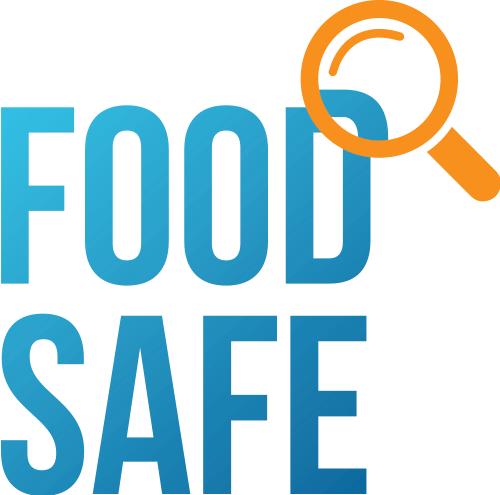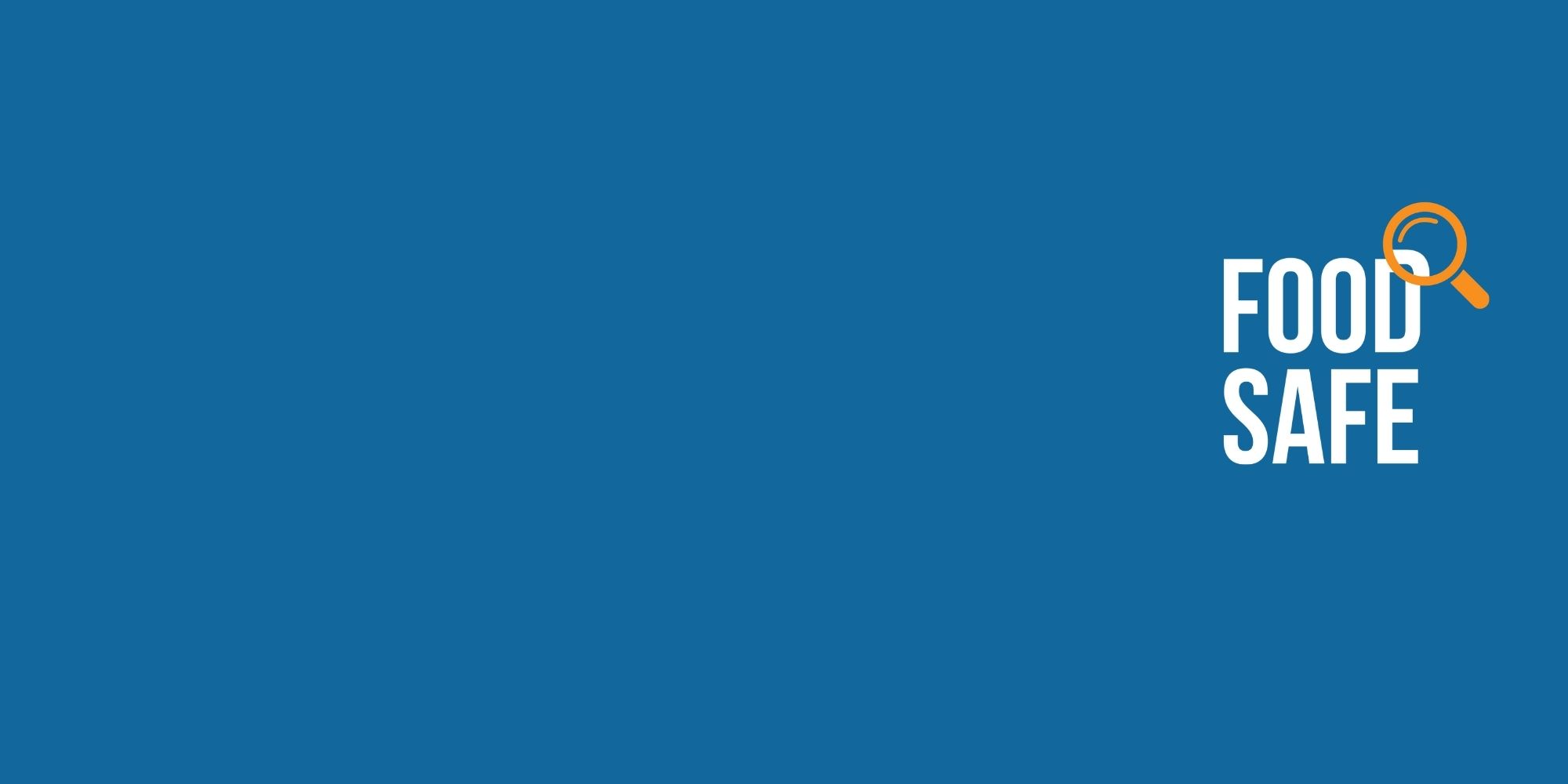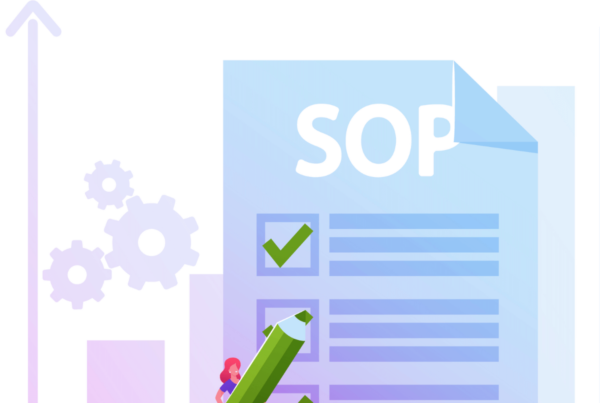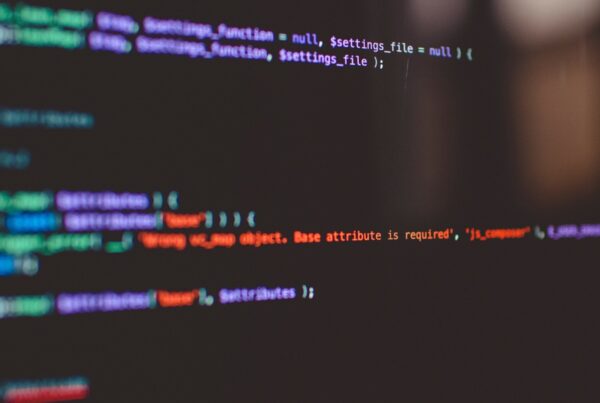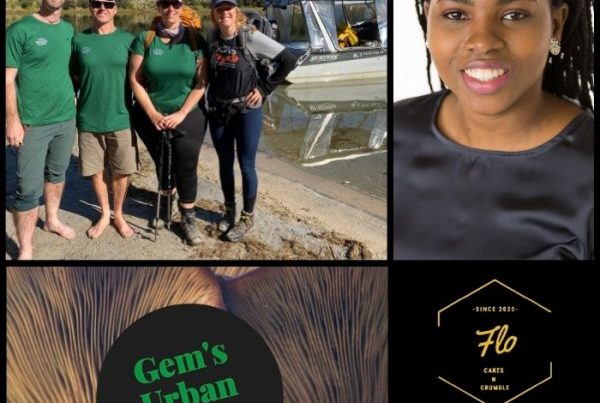Reviewed & Updated: 2024
This page explains how we maintain a Zero-Harm Learning & Work Environment. It also elaborates on how we maintain a strategic and transparent learner well-being and safety system. Further down the page, we go over the unique sustainability journey that we call ‘Business Beyond Commerce’ including how we meet our Treaty Obligations.
Health & Safety Policy
We are committed to achieving a zero-harm work environment and instilling a culture of health and safety. Management and all leraners make safety a priority at Food Safe.
Code of Practice
Our goal is to take a whole-of-provider approach to maintain a strategic and transparent learner well-being and safety system that responds to the diverse needs of learners.
Workplace Health & Safety Policy
Learner Well-being & Safety Policy
Health & Safety Hazard Register
Code of Practice Internal Audit & Attestation
Coronavirus (COVID-19) Information:
Please see the latest information and advice about COVID-19 on the Ministry of Health website. If you are feeling unwell, please do not come to our in-person training. We offer trainees the option to also do their training online. We can also easily reschedule you for the next available date. We run regular food safety training classes so you will not miss out.
Health & Safety Induction Video
Heath & Safety Performance Criteria
Near Miss & Accident Investigation Record
Allows all learners to minimise risk to our learning environment.
H&S Risks: Self-Assessment Record
Allows all learners to self-assess risk & co-design our learning environment.
Additional Learner Well-Being Resources
Alcohol Awareness Information
Drug Addiction Information
Safe Health & Mental Health Information
Suicide & Self-harm Information
Healthy Life Information
Family Violence Information
Contacting Well-Being Organisations
There are a number of support providers, government agencies and resources that you can use to find information about support services:
Careers New Zealand
Helping you make smart decisions about work and learning in New Zealand.
Go to Careers NZ
Youth Services Directory
The new Youth Services Directory from Family and Community Services to help young people to find support services in their region.
Go to the Family Services directory
Kiwi families – Teen Parents
Information for teen parents, and parents of teen parents. Find information about teen parent units, teenage parent education options, teenagers and pregnancy, support for teen parents, and more.
Kiwi Families – Teen Parents
Youthline
Youthline is a confidential phone counseling service for young people to discuss their worries and problems.
Go to Youthline
The Lowdown
Helping young kiwis understand and deal with depression
Go to The Lowdown
Healthline
Call Healthline on 0800 611 116 for free advice from trained registered nurses 24 hours a day, 7 days a week.
Go to Healthline on the Ministry of Health website
Other health services:
Depression
Depression helpline 0800 111 757
Go to website
Plunket
Plunket is New Zealand’s largest provider of support services for the development, health, and well-being of children under 5. Plunket works together with families and communities, to ensure the best start for every child
Go to Plunket
Well Child/Tamariki Ora
Our aim is to improve the understanding and use of WellChild/Tamariki Ora services in New Zealand and to help parents and well child providers keep babies, toddlers, and pre-schoolers well, growing and developing to their fullest potential.
Go to the Well Child website
Business Beyond Commerce
For Food Safe, being sustainable and going beyond commerce is a continuous improvement journey where we earn our social license to operate and grow!
In short, we care for the well-being of New Zealand and our planet similar to how we care for our learners.
We have taken our first steps and focused on the following specific elements for the road ahead:
- Rangatiratanga: We strive to maintain a high degree of integrity and ethics in our actions and decisions.
- Tohungatanga: We pursue knowledge and ideas that will strengthen and grow our value, brand and community. Helping people and companies and building intellectual property through R&D
- Manaakitanga: We operate thoughtfully and engage meaningfully with our ecosystem: putting people at the core while we connect meaningfully with our wider global community including iwi and Māori, the Tangata Whenua, or indigenous people of New Zealand.
- Kaitiakitanga We strive to minimize our impact: environmental, social, cultural, and on the ecosystem, we belong to.
- We are transparent and accountable: to stakeholders and to the ecosystem we belong to.
Business Beyond Commerce Video
Our Sustainability Information
Te Whare Tapa Whā
Our Tangata Whenua Guides and Mentors include Huhana Mete – Director of Tumanako Global Leadership & Peter Storey – who draws on decades of prior experience including, being the Teaching and Learning Manager at Tai Poutini Polytechnic and an NZQA Evaluator prior to that.
Te Whare Tapa Whā is a model of the 4 dimensions of well-being developed by Sir Mason Durie in 1984 to provide a Māori perspective on health that we have incorporated at Food Safe to guide our approach to supporting not just Māori but all learners in our training programs.

Taha Hinengaro
Taha Hinengaro (mental and emotional well-being) is a learner’s mind, heart, conscience, thoughts, and feelings. It’s about how a learner feels, as well as how a Māori learner communicates and thinks. Taking care of taha hinengaro is important for all learners, regardless of whether or not they experience mental illness or distress.
At Food Safe: We allow all learners including Māori and Pasifika students to talk freely about their thoughts and feelings – both at the start, during introductions, and throughout the training program. For our in-person training, we also provide nourishment such as fruit and refreshments where possible to improve mood and mental well-being.
Taha Whānau
Taha Whānau (family well-being) is about who makes learners feel like they belong, who learners care about and who they share their life with. Whānau is about extended relationships – it’s not just learners’ immediate relatives, it’s their friends, hoamahi (colleagues), community, and the people they care about. Everyone has a place and a role to fulfill within their whānau, and whānau contributes to the learner’s well-being and identity.
At Food Safe we allow all learners including Māori and Pasifika students to feel like they belong in the class. Our training resource provides an introduction in Māori so they can feel included and cared for. For example, we have on many occasions allowed all students to bring their moko (young child) along to class, especially in cases where a learner struggles to find care for their moko.
Taha Tinana
Taha Tinana (physical well-being) refers to a learner’s physical well-being.
At Food Safe we allow all learners including Māori students to freely support one another in a class aimed at helping all learners to cope with the ups and downs at training as well as back on-job. We also provide opportunities to physically interact and practically apply skills on the job, helping support the physical well-being of all learners.
Taha Wairua
Taha Wairua (inner well-being): A learner’s inner drive is their life force – their mauri. This is who and what they are, where they have come from, and where they are going.
At Food Safe we allow all learners including Māori and Pasifika students to freely introduce themselves during our Pepeha/introduction (who and what they are, where they have come from) at the start of training.
- Our current Māori & Pasifika Students’ Achievement Rate: is 100%
- Māori & Pasifika Students National Achievement Avg: ≤90%
Treaty of Waitangi
The principles of Te Tiriti o Waitangi, as articulated by the Waitangi Tribunal, provide the framework for how we will meet our obligations under Te Tiriti at Food Safe Ltd.
The principles that apply to our work are as follows.
Tino rangatiratanga: The guarantee of tino rangatiratanga, which provides for Māori self-determination and mana motuhake in the design, delivery, and monitoring of our education services.
Equity: The principle of equity, requires us to commit to achieving equitable education outcomes for Māori learners.
Active protection: The principle of active protection, requires us to act, to the fullest extent practicable, to achieve equitable education outcomes for Māori learners.
Options: The principle of options, requires us to provide for and properly resource kaupapa Māori education services. Furthermore, we feel obliged to ensure that all our education services are provided in a culturally appropriate way that recognizes and supports Māori learners.
Partnership: The principle of partnership, requires us and Māori learners to work in partnership in the design, delivery, and monitoring of health education services.
All our trainees including Māori learners are co-designers of our education programs.
Manu Kōkiri
We are committed to Manu Kōkiri that calls for ‘transformational change’ to the tertiary education system we form a part of:
Here is this Manu Kōkiri vision that comprises five aspirations that Food Safe is committed to supporting:
- Māori learners enjoy significant tertiary education success.
- Māori learners enjoy increasing levels of health and well-being, including cultural health, and through tertiary education including through designing and delivering tertiary education study themselves.
- Māori learners enjoy increasing levels of economic prosperity including significant and meaningful employment success, and entrepreneurial and business success through the growth of the ‘Māori economy’.
- The tertiary education sector is positively transformed through the application of the Treaty of Waitangi and a positive engagement with the Māori Treaty partner.
- Aotearoa-New Zealand is transformed positively through a tertiary education sector that has embraced the Treaty of Waitangi and the Māori Treaty partner.
